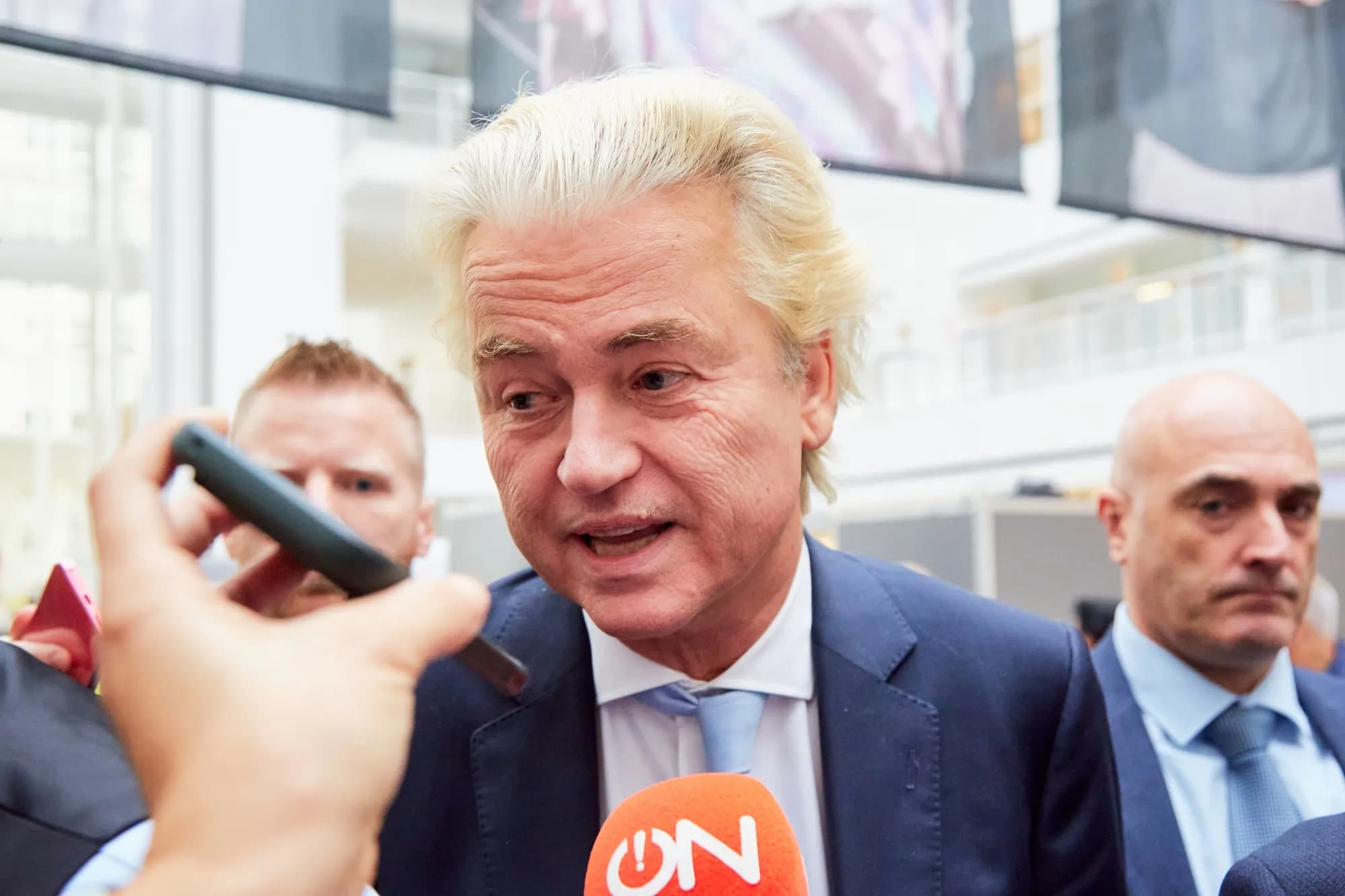We're loading the full news article for you. This includes the article content, images, author information, and related articles.
The Netherlands faces political uncertainty after a dramatic centrist resurgence creates a tie with the far-right. For Kenya, the outcome could stabilize crucial trade and aid relations with one of its key European partners.

A stunning electoral surge by the centrist-liberal D66 party, led by Rob Jetten, resulted in a dramatic deadlock with Geert Wilders' anti-Islam Freedom Party (PVV) in the Dutch general election held on Wednesday, 29 October 2025. With nearly all votes counted by Thursday morning, 30 October 2025 EAT, both parties were projected to secure 26 seats each in the 150-member parliament, signaling a significant political shift in the European nation.
The result marks a sharp reversal of fortune for both leaders. Mr. Wilders' PVV, which won a record 37 seats in the 2023 election, saw its support plummet, losing 11 seats. This follows his decision to collapse the previous ruling coalition in June 2025 over a dispute on migration policy, a move that triggered these snap elections. In stark contrast, Mr. Jetten's D66 party achieved its best-ever result, nearly tripling its representation with a gain of 17 seats from the nine it held previously.
Despite the tie, 38-year-old Rob Jetten is widely considered the most likely candidate to become the next prime minister. This is because all major mainstream Dutch parties, including the conservative VVD (projected 22 seats) and the Christian Democrats (CDA), have publicly refused to form a coalition government with Mr. Wilders, citing his polarizing rhetoric and political unreliability. This effective political isolation leaves Mr. Jetten in a prime position to begin the complex negotiations to form a majority government, which requires at least 76 seats.
The political realignment in The Hague is of significant interest to Kenya, as the Netherlands is a vital economic and development partner. The Netherlands stands as Kenya's most important trade destination in East Africa, with Kenyan exports, primarily in horticulture and agriculture, reaching Sh69.2 billion in 2021, according to the Netherlands Central Bureau for Statistics. Furthermore, the Dutch government provides over €80 million (approx. KSh 12.8 billion) in annual development assistance to Kenya, focusing on critical sectors like food security, water management, and private sector development.
A new government led by the pro-European Union D66 party is expected to foster a more stable and internationally engaged foreign policy compared to a coalition influenced by Mr. Wilders' nationalist agenda. Analysts suggest a centrist-led Dutch administration will likely reaffirm its commitment to international partnerships and development cooperation, ensuring the continuity of programmes that benefit Kenya's economy. A shift away from the far-right's intense focus on anti-immigration and domestic issues could strengthen diplomatic and trade ties, providing a predictable policy environment for Kenyan businesses and exporters.
The Dutch election was closely monitored across Europe as a barometer for the strength of populist and far-right movements. The significant losses for Mr. Wilders' party, coupled with the surge for a progressive, centrist party, is being interpreted by many observers as a potential turning of the tide against the populist wave that has influenced European politics in recent years. The outcome signals a renewed appetite among Dutch voters for moderate, cooperative governance after a turbulent and short-lived right-wing government.
While Mr. Wilders conceded the result was not what he had hoped for, he vowed to remain a combative opposition force. For now, the Netherlands enters a period of intense political horse-trading. The final shape of the next government remains to be seen, but the election has undeniably altered the country's political landscape, with potential ripple effects for its partners, including Kenya.
Keep the conversation in one place—threads here stay linked to the story and in the forums.
Sign in to start a discussion
Start a conversation about this story and keep it linked here.
Other hot threads
E-sports and Gaming Community in Kenya
Active 9 months ago
The Role of Technology in Modern Agriculture (AgriTech)
Active 9 months ago
Popular Recreational Activities Across Counties
Active 9 months ago
Investing in Youth Sports Development Programs
Active 9 months ago